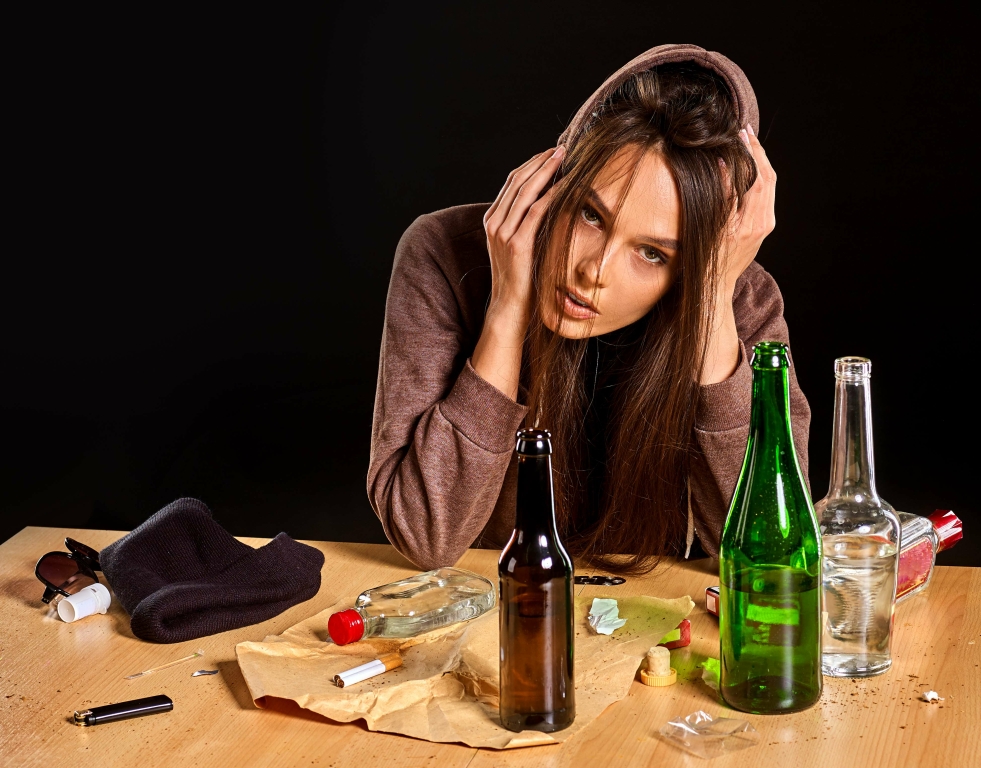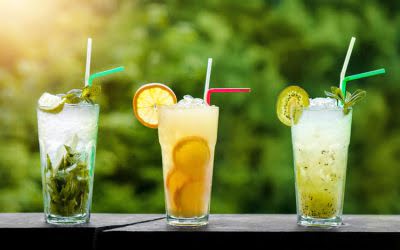However, after 18 days, their blood pressure levels had dropped by an average of 10 points, suggesting that long-term abstinence can significantly lower blood pressure. A top-notch smartwatch is well-suited to track a range of activity levels and vitals, displaying data on everything from your step count and sleep stats to your heart rate. For folks who frequently reference this data for a better baseline understanding of their overall bodily function and health profile, certain deviations from their normal resting heart rate undoubtedly stand out. And one of those—an elevated heart rate—is connected not only to an intense workout, but also to drinking alcohol. The effects of alcohol on blood pressure can vary depending on the quantity consumed.
Causes & Risk Factors
To determine short‐term dose‐related effects of alcohol versus placebo on heart rate in healthy and hypertensive adults over 18 years of age. Drinking more than three drinks in one day or heavy alcohol use over time significantly raises blood pressure alcohol levels. Today, science supports the use of certain natural remedies in managing blood pressure. Garlic, for example, has compounds that relax blood vessels and improve circulation. Hibiscus tea has been shown in clinical studies to lower systolic and diastolic pressure.
- They also had lower levels of circulating inflammatory markers, such as C-terminal proendothelin-1 and pentraxin-3 (Cosmi et al. 2015).
- The CDC notes it is impossible to know whether these health benefits are due to drinking low amounts of alcohol, or whether they are due to differences in genetics or behaviors of people who drink moderately compared with those who do not.
- Moderate drinking is considered to be two drinks or less in a day for men and one drink or less for women.
- Several excellent reviews offer more detailed assessments of vascular cellular mechanisms (Cahill and Redmond 2012; Husain et al. 2014; Marchi et al. 2014; Toda and Ayajiki 2010).
- This is because alcohol stimulates the nervous system, which increases the heart rate and narrows blood vessels, leading to a short term rise in blood pressure.
Barden 2017 published data only
However, there were far fewer studies that focus on African Americans for the researchers to review, and more research may be needed. High‐dose alcohol decreased SBP by 3.49 mmHg within the first six hours, and by 3.77 mmHg between 7 and 12 hours after consumption. After 13 hours, high doses of alcohol increased SBP by 3.7 mmHg compared to placebo. DBP was not significantly affected up to 12 hours after drinking a high dose of alcohol, but there was a statistically significant increase in DBP during the ≥ 13 hour time interval after alcohol consumption. To determine short‐term dose‐related effects of alcohol versus placebo on systolic blood pressure and diastolic blood pressure in healthy and hypertensive adults over 18 years of age. The type of alcohol you alcoholism drink—whether beer, wine, or spirits—does not significantly impact how alcohol raises blood pressure.

Visualization techniques to support sobriety
Of the 32 studies, two studied low‐dose alcohol, 12 studied medium‐dose alcohol, and 19 studied high‐dose alcohol. The sample size in the meta‐analysis for low‐dose comparison was not adequate to assess the effects of low doses of alcohol on BP and HR; however, we believe that the direction of the change in BP and HR was correct. For medium doses and high doses of alcohol, participants represented a range in terms of age, sex, and health condition. Because the participant population comprised predominantly young and healthy normotensive men, does alcohol increase or decrease blood pressure the overall evidence generated in this review cannot be extrapolated to women and older populations with other comorbidities.
